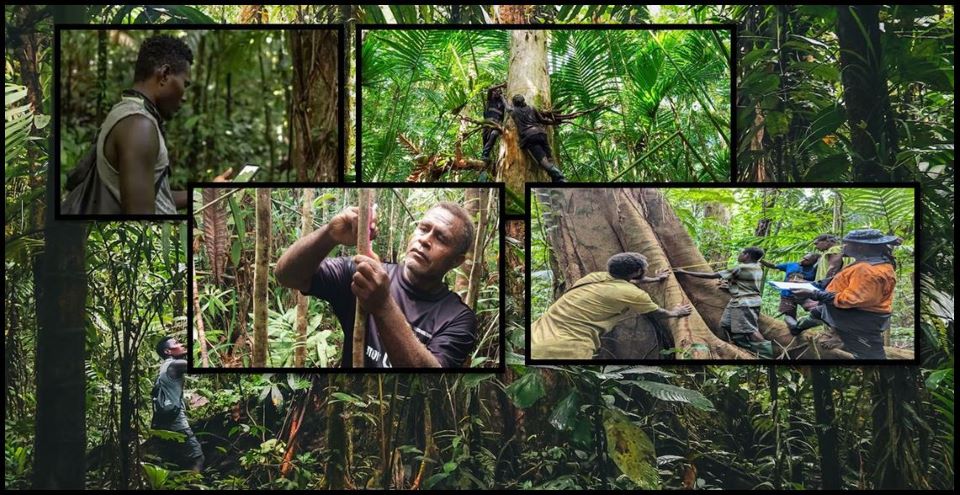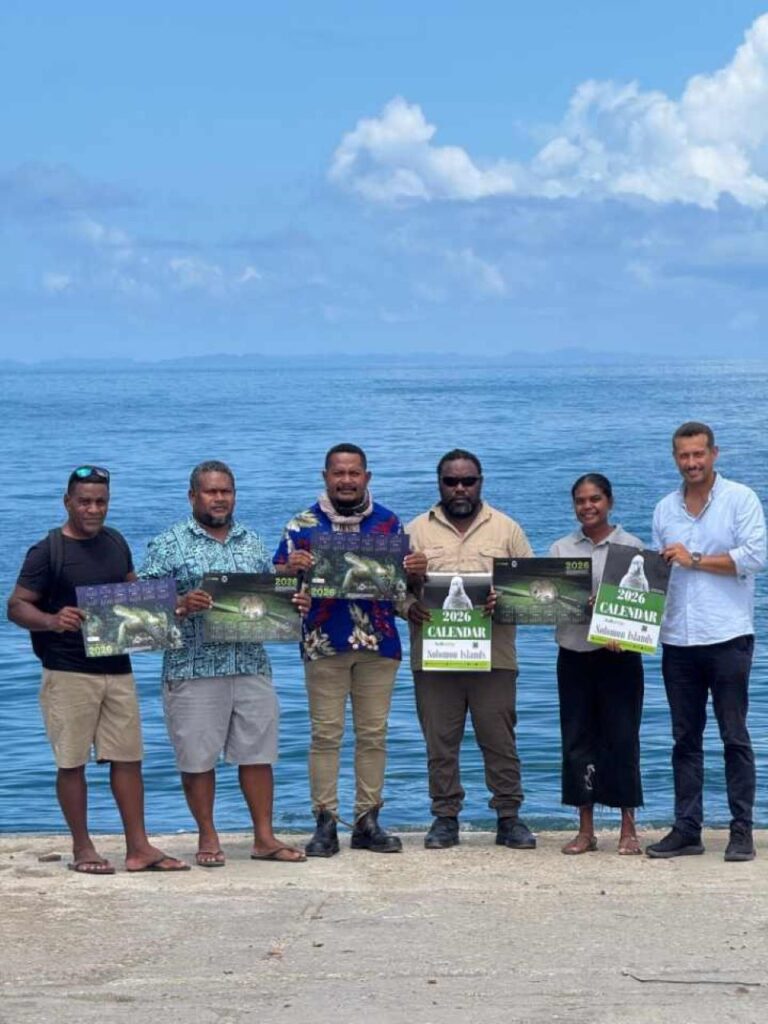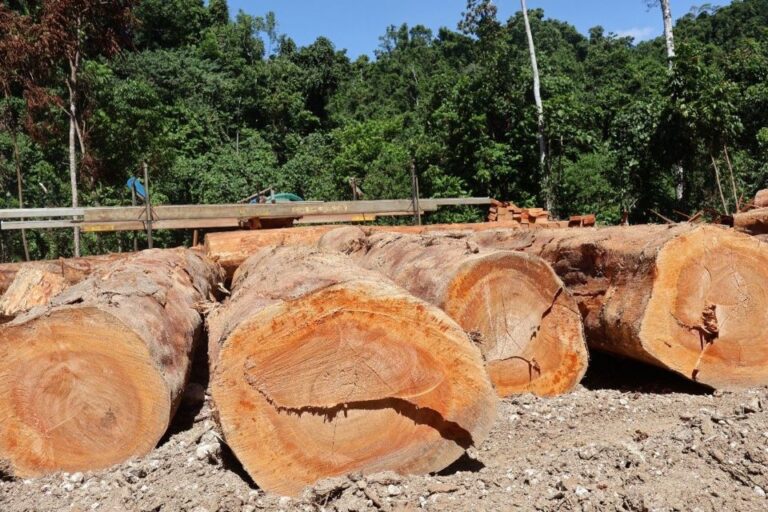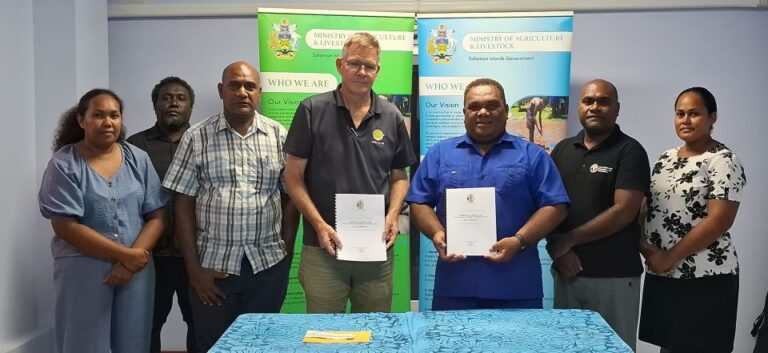BY DESMOND RAHE
Eddie Haikau Huitarau, Programme Manager of the Solomon Islands Rangers, says passing on conservation knowledge to the younger generation is a key priority for their work.
Speaking during the World Rangers Day celebration held at Holy Cross Hall on July 31, 2025, Huitarau shared his hopes for educating youth in both traditional and scientific conservation methods.
“We want to teach the younger generation how to do conservation — the traditional approach and the scientific approach,” he said. “Here at Solomon Rangers, we are promoting both Traditional Ecological Knowledge (TEK) and modern conservation.”
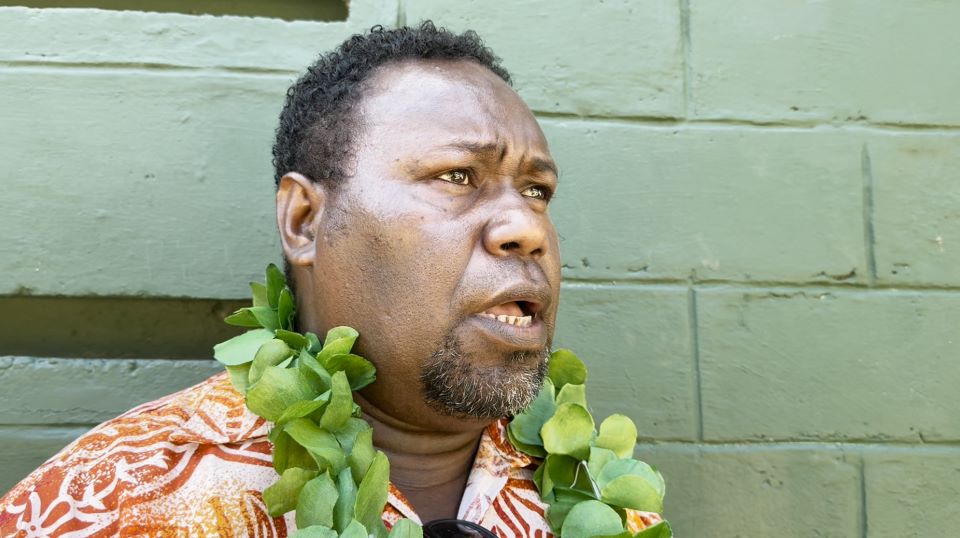
Huitarau highlighted that in the past, elders would share stories and knowledge about nature and the land — an important part of Solomon Islands culture that is slowly disappearing.
“In the old days, our elders would tell us stories and give us information about nature. That was part of our culture,” he said. “But slowly, it starts to fade away. So through this conservation work, we really try to revive that approach.”
He explained that by using networks and involving the community, rangers are helping to spread awareness and keep this valuable knowledge alive.
“With networks and support from others, our people can learn more about conservation,” he said. “One of the things we are using today is Rangers — to pass the message and inform the people.”
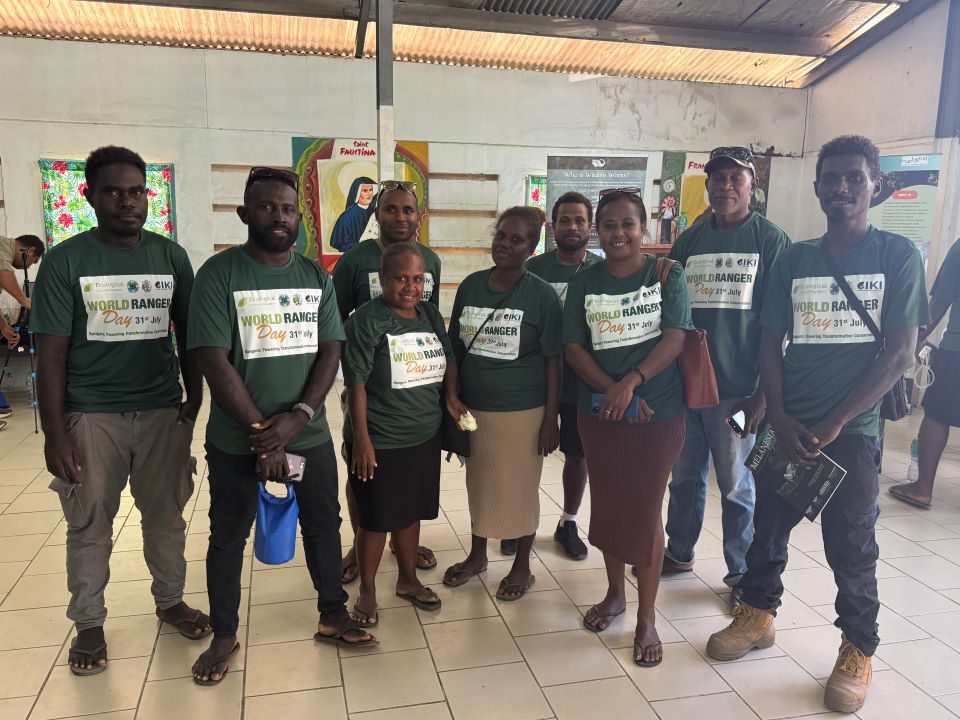
Huitarau also pointed out that many rangers’ efforts often go unnoticed, but the impact of their work is real.
“There is a transformation happening in some communities,” he said. “People are getting involved, and it’s changing lives.”
He added that when people begin to understand the value of conservation in the right environment, they are more likely to support and promote it.
“That’s why people are starting to amplify the work of rangers through World Rangers Day,” Huitarau said. “It’s not just about celebrating the day — it’s about spreading the message and creating change.”
World Rangers Day is marked every year on July 31 to honor the work of rangers across the world, and in the Solomon Islands, it has become a platform to reconnect young people with their land and heritage.

